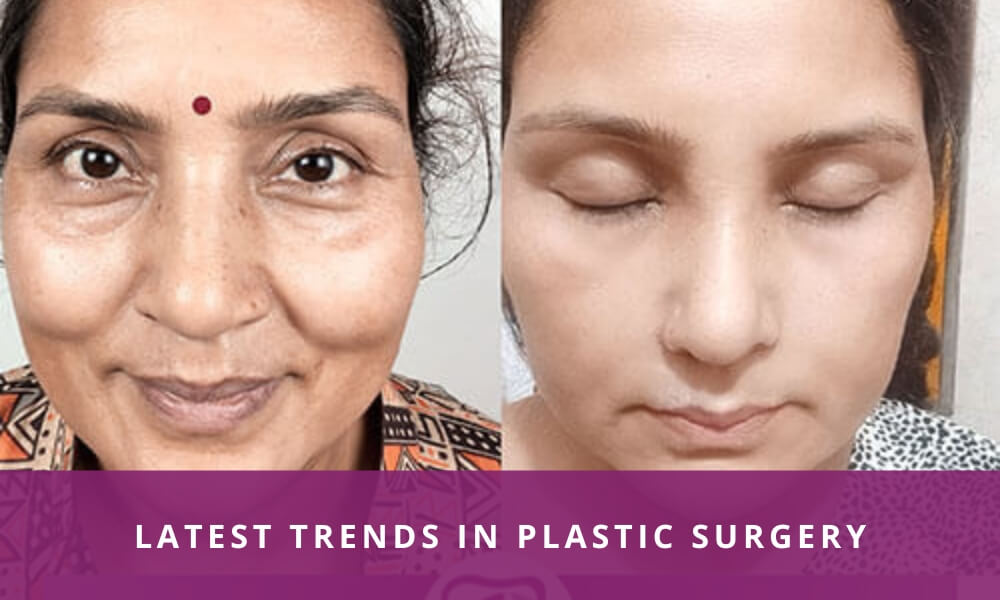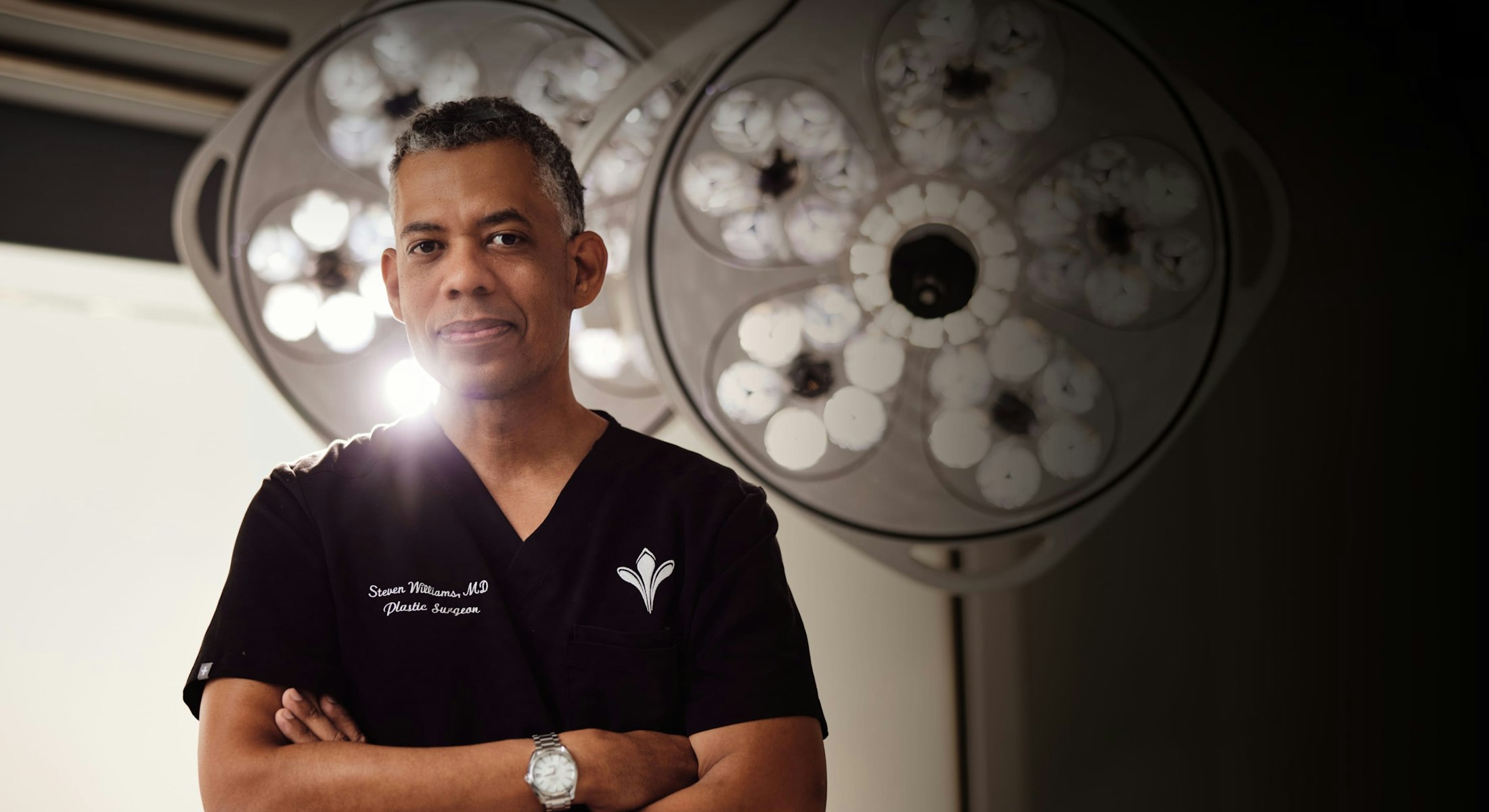The Effect of Self-Image on Decision-Making: Reasons Lots Of Individuals Pursue Plastic Surgery for Physical Improvement
The interplay between self-image and decision-making is an intricate sensation, particularly evident in the raising pattern of people choosing cosmetic surgical treatment as a way of physical makeover. Inspired by a desire to satisfy individual perfects and social expectations, many individuals grapple with problems of self-confidence that can substantially affect their choices. As external pressures from social standards and social media heighten feelings of insufficiency, a crucial concern emerges: what are the underlying psychological factors that drive this search of modified looks, and what implications do these decisions hold for individuality and health?
Understanding Self-Image
Self-image refers to the mental photo and perception an individual holds regarding themselves, incorporating facets such as physical look, characteristic, and overall self-respect - mommy makeover rancho cucamonga. This inner depiction significantly influences exactly how people connect with the world and can be a driving force behind various life choices, including the choice to undergo plastic surgery
A positive self-image usually correlates with higher self-worth and a sense of self-confidence, fostering a proactive technique to life. On the other hand, a negative self-image may lead to sensations of insufficiency and frustration, motivating individuals to seek outside remedies to perceived problems. This pursuit for improvement can manifest in the wish for physical makeover with cosmetic procedures.
The pervasive nature of media and peer comparisons can intensify sensations of instability, motivating people to modify their look in search of acceptance or authorization. Comprehending these characteristics is necessary in comprehending the inspirations behind cosmetic surgical treatment.
Psychological Aspects at Play
Countless psychological aspects affect a person's decision to seek plastic surgery, typically rooted in deeper emotional and cognitive processes. One considerable variable is reduced self-esteem, which may emerge from adverse self-perceptions or frustration with one's appearance. Individuals with reduced self-respect may believe that changing their physical functions will certainly improve their overall worth and acceptance in social contexts.
In addition, the concept of body dysmorphic condition (BDD) plays an important duty. Individuals experiencing BDD experience an obsessive concentrate on perceived defects in their look, leading them to look for surgical intervention as a remedy. This compulsive desire for makeover can significantly misshape their self-image, driving them to seek treatments in spite of the possibility for adverse results.

Social Stress and Expectations
A substantial influence on people' decisions to undertake plastic surgery originates from societal stress and assumptions that pervade modern society. In an age dominated by social media and consistent visual direct exposure, idealized criteria of appeal are often showcased, developing a prevalent environment where physical look is extremely scrutinized. Such requirements frequently dictate what is thought about eye-catching, leading people to really feel compelled to adapt these perfects.
Furthermore, the normalization of aesthetic improvements in pop culture additionally intensifies these pressures - mommy makeover rancho cucamonga. Celebs and influencers freely reviewing their operations can create an understanding that such modifications are not just appropriate however preferable. This sensation can create feelings of insufficiency in individuals that may feel their all-natural look does not line up with social criteria
In addition, the influence of peer teams can not be neglected. People may encounter straight or indirect pressure from good friends or family, causing a public validation of cosmetic surgical treatment as an appropriate means to attain an idyllic self-image. Subsequently, these social assumptions can dramatically influence individual decision-making processes, typically eclipsing intrinsic inspirations for self-improvement and promoting a culture where physical transformation is gone after as a treatment for viewed drawbacks.

Instance Researches and Personal Stories
Lots of people have shared their individual journeys pertaining to cosmetic surgical treatment, revealing a complicated interplay in between self-perception and social impacts (mommy makeover rancho cucamonga). She recognized that her choice was heavily affected by media portrayals of appeal.
Similarly, a male patient in his late twenties stated his fight with body dysmorphic problem, which triggered him to go after liposuction surgery. His experience highlighted not just a need for physical makeover however additionally a goal for approval among peers. Post-surgery, he expressed a restored feeling of self-respect, albeit with the realization that internal recognition ought to come before external modifications.
These case research that site studies emphasize a wider trend: people often watch plastic surgery as a pathway to boosted self-image. However, the stories also disclose a vital point of view on the stress and assumptions that shape these choices, suggesting that personal tales are deeply intertwined with social norms and values.
Alternatives to Aesthetic Surgical Treatment

Skincare therapies, including chemical peels and microdermabrasion, can improve skin structure and tone, resolving worries like acne scars or irregular pigmentation. Additionally, laser therapy is a reliable method for targeting details skin issues, such as sun damages or vascular sores, advertising a much more younger look.
For those seeking body makeover, non-invasive fat reduction strategies like CoolSculpting can help remove stubborn fat deposits without surgery. Health and fitness programs and nutritional therapy are also crucial tools for individuals intending to accomplish a much healthier body picture. Ultimately, these alternatives can provide substantial results while straightening with individual comfort degrees and choices, promoting a favorable self-image without the permanence of plastic surgery.
Conclusion
Individuals regularly seek physical transformation in an attempt to enhance self-esteem and align with perceived requirements of beauty. By checking out alternatives and cultivating a much healthier self-image, people may find more lasting pathways to self-acceptance and well-being.
The interaction between self-image and decision-making is an intricate phenomenon, specifically evident in the increasing fad of people deciding for cosmetic surgery as a way of physical makeover.Numerous emotional factors affect a person's choice to see this website pursue cosmetic surgical procedure, often rooted in much deeper psychological and cognitive procedures.A significant impact on people' choices to go through cosmetic surgery stems from social pressures and assumptions that pervade modern society. Individuals may come across straight or indirect stress from close friends or household, leading to a common validation of cosmetic surgery More about the author as an appropriate methods to accomplish an idealized self-image.Many people have shared their personal journeys regarding cosmetic surgical treatment, disclosing an intricate interaction in between self-perception and societal influences.